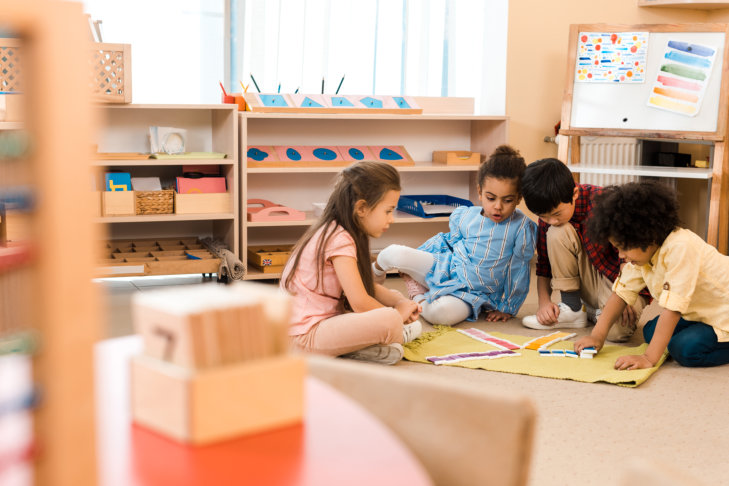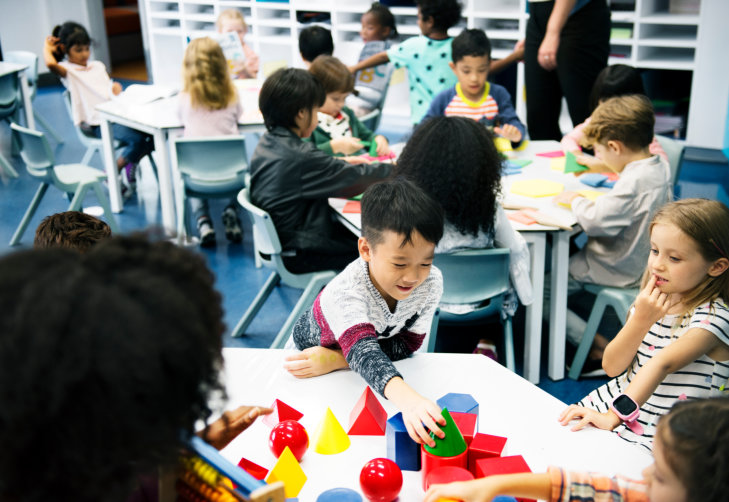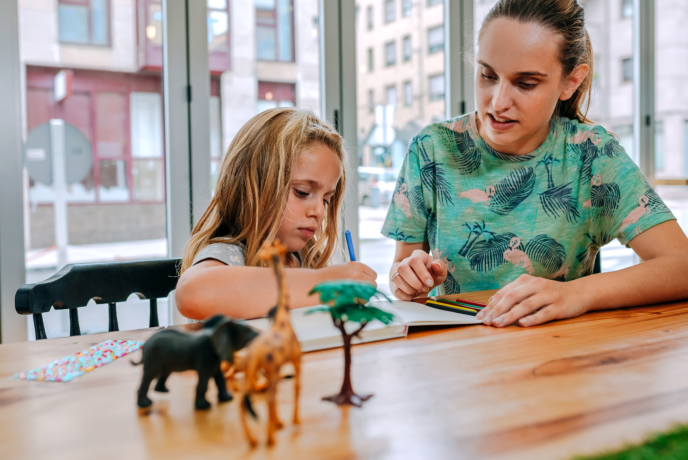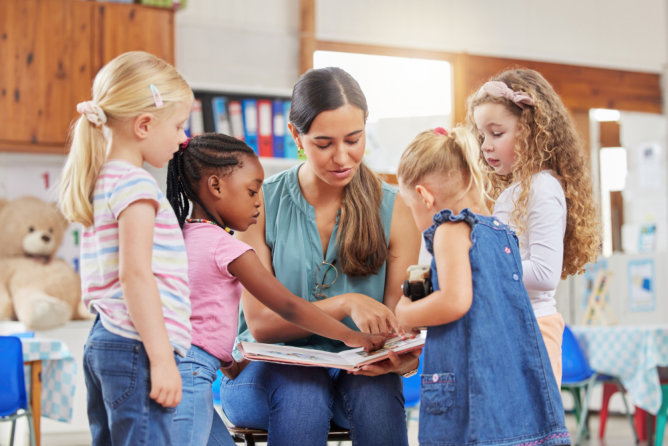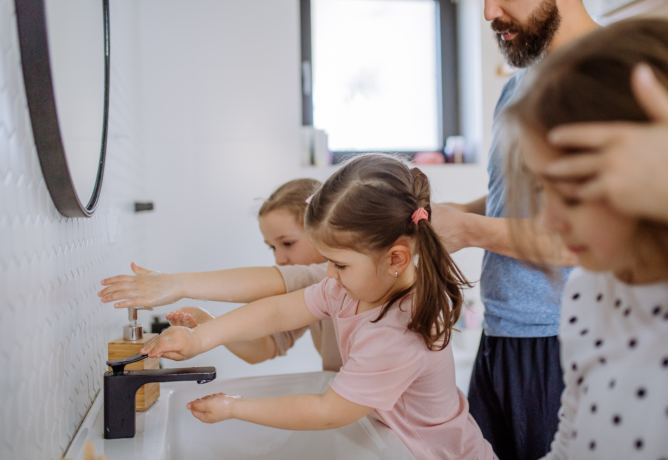
Teaching children to manage simple daily routines forms the foundation of independence. Activities such as dressing themselves, organizing their personal space, or setting the table nurture responsibility and confidence.
- Developing Care for the Environment
Encouraging children to care for their surroundings teaches respect and appreciation for the community and the natural world. Tasks like watering plants, cleaning up after activities, and recycling materials help children understand the value of their environment. Such habits cultivate mindfulness and consideration for shared spaces, promoting a lifelong attitude of care and stewardship. - Encouraging Grace and Courtesy
Social interaction is a significant part of a child’s development. Teaching grace and courtesy—saying “please” and “thank you,” waiting for a turn, or offering help—strengthens empathy and respect for others. These social skills create a positive social foundation that benefits children in both personal and academic settings, building character and meaningful connections. - Learning to Care for Themselves
Self-care is a critical aspect of practical life learning. Children who learn to wash their hands properly, prepare simple snacks, or dress appropriately for the weather gain valuable life experience. These lessons reinforce independence and help children feel capable of managing their daily needs, boosting their self-esteem in the process. - Problem Solving Through Everyday Tasks
Simple challenges—such as pouring water without spilling or sorting laundry—encourage focus, patience, and logical thinking. When children are given the freedom to experiment and correct their mistakes, they develop resilience and a sense of responsibility for their actions. These problem-solving skills prepare them for greater challenges in future learning environments.
Helping children develop practical life skills is an investment in their confidence, independence, and long-term success. Montessori Learning Institute offers an environment where children can grow through hands-on experiences that nurture both their hearts and minds. To learn more about how your child can develop lifelong skills through Montessori education, contact the us today to schedule a visit or consultation.




